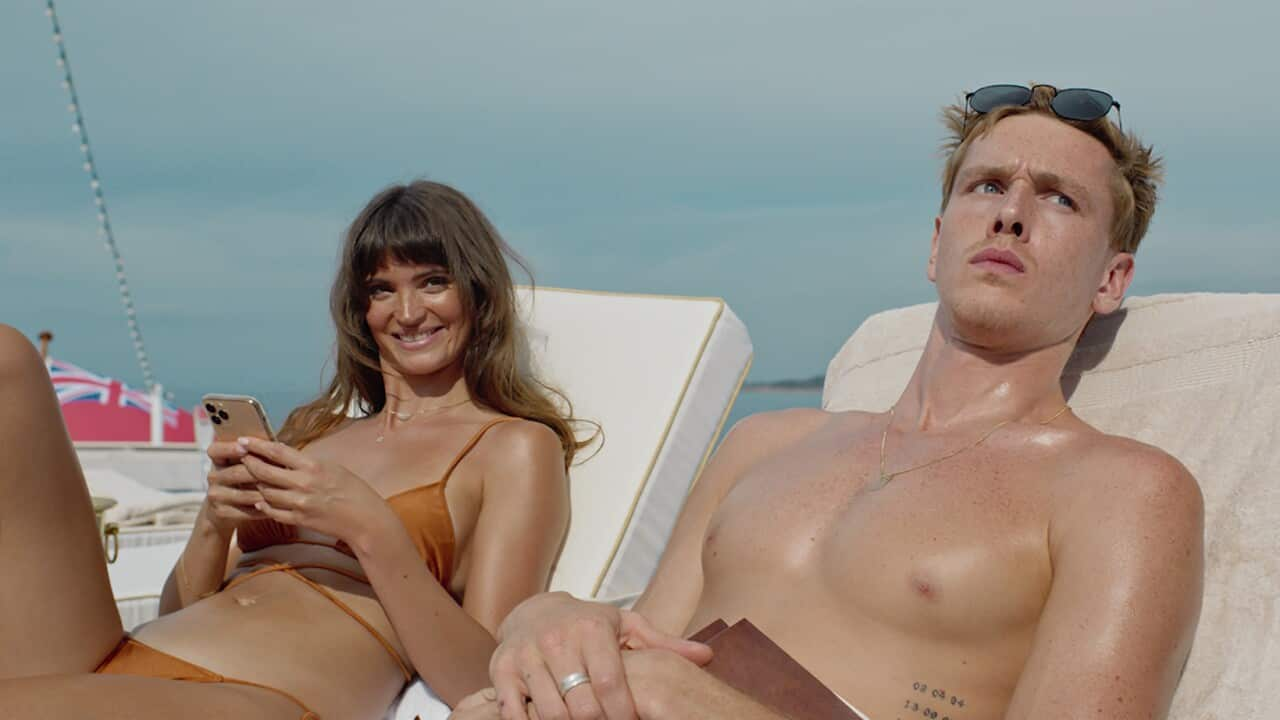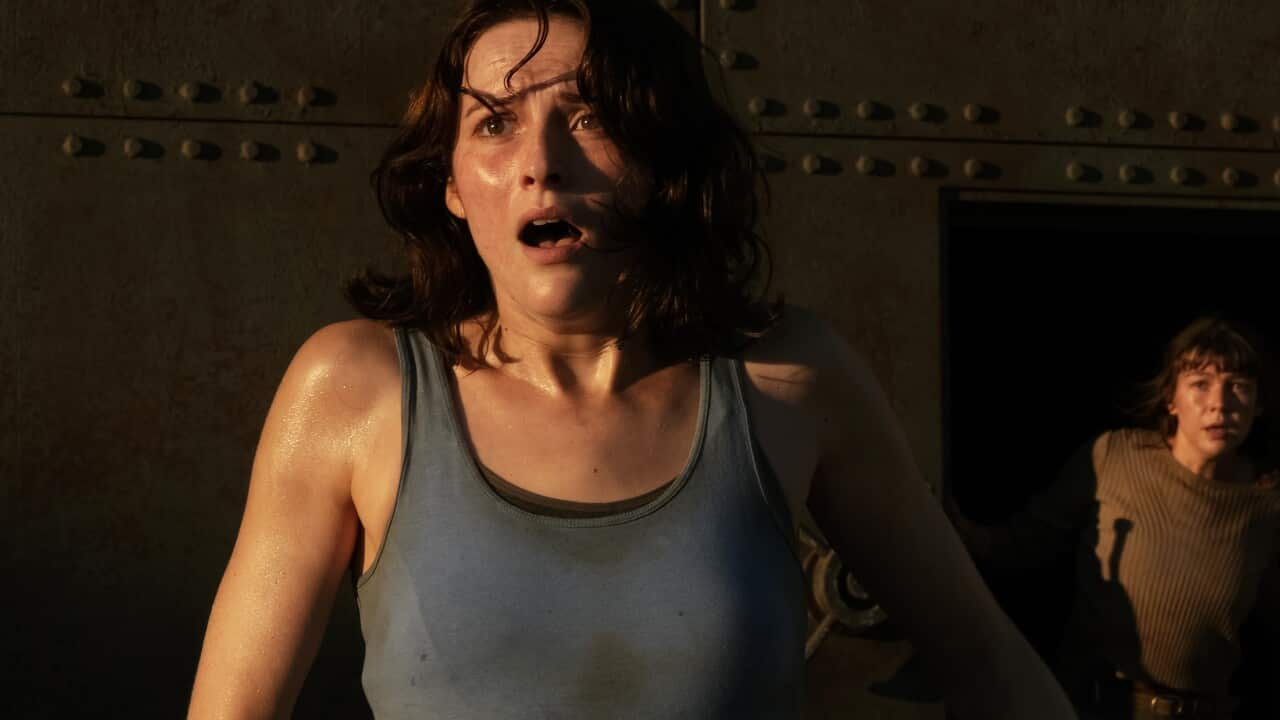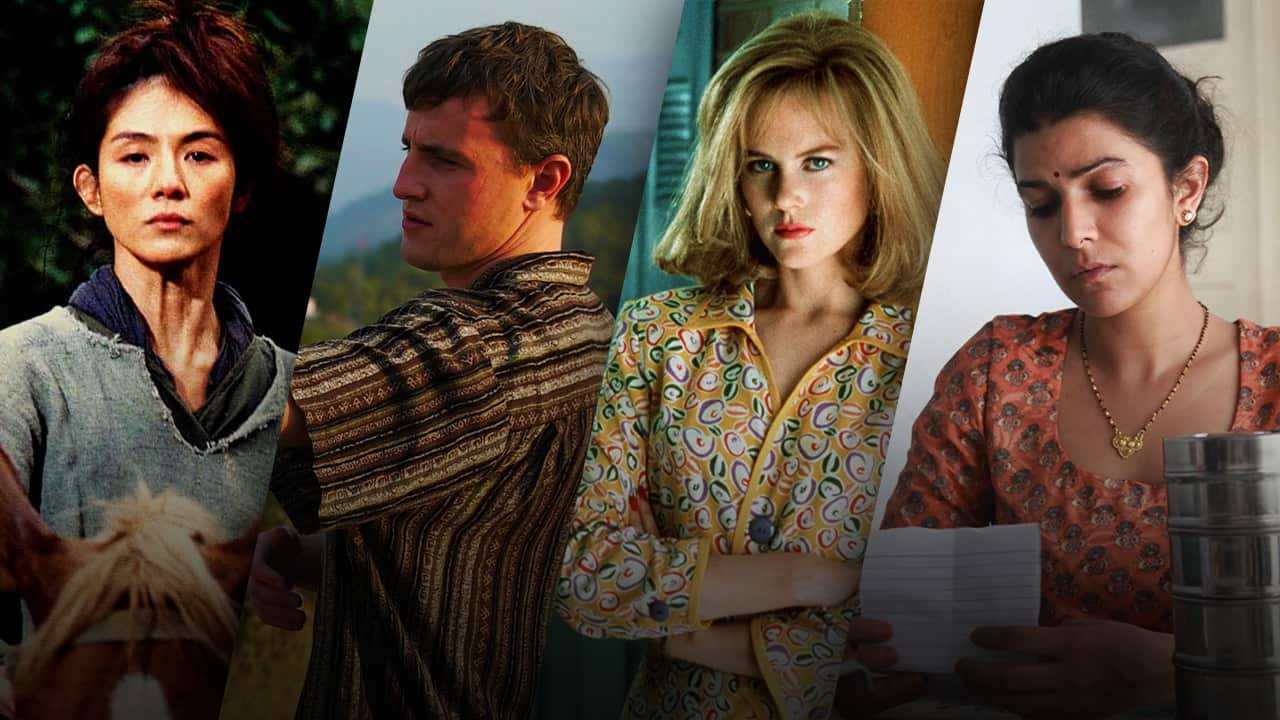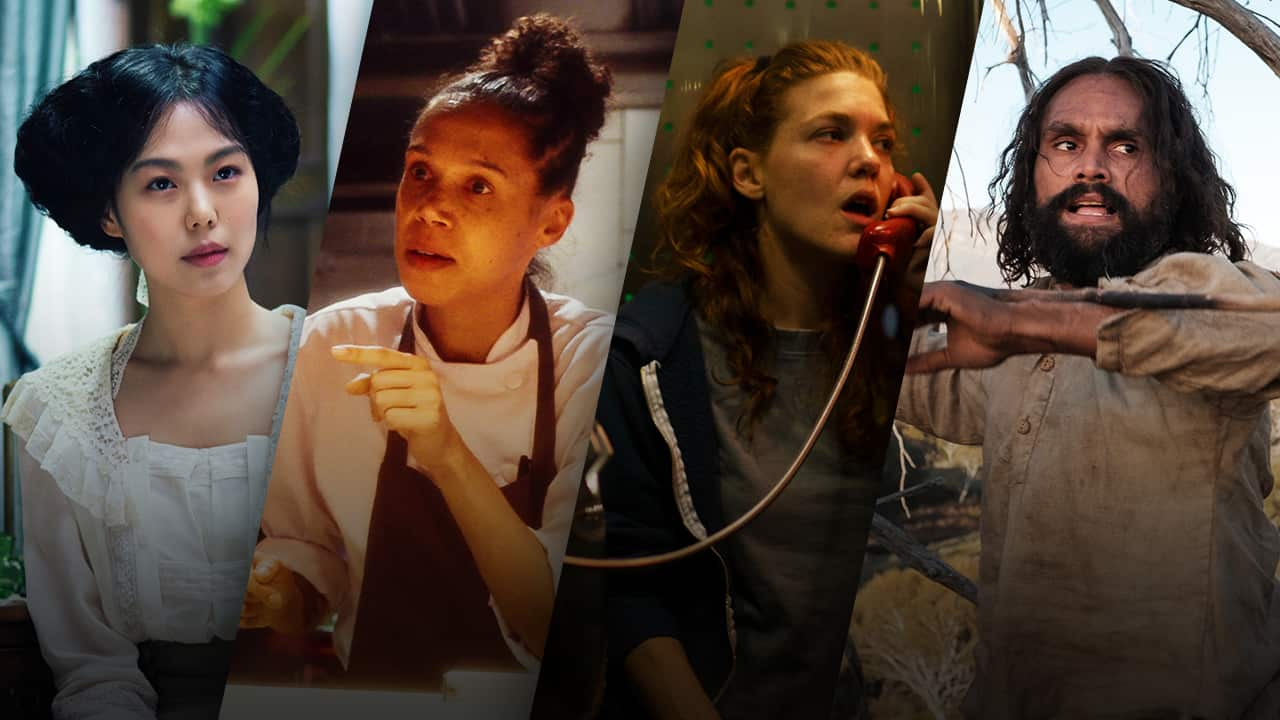"When the people shall have nothing more to eat, they will eat the rich".
A super-yacht cruises through the Ionian Sea carrying some of the most affluent members of society accompanied by an army of obedient servants, whose paths will unwittingly cross in this perfectly constructed microcosm of social hierarchy.
This is Triangle of Sadness, the 2022 winner of the Palme d’or and a film which can conveniently be categorised as an “eat the rich” style story – a term which may have had its roots within the French Revolution, but has over time woven its way into popular culture through music, literature and film.
By no means a new concept, with a of the same name being released back in 1987, the genre received a sizeable shot in the arm in 2019 in the wake of the universally acclaimed and Oscar-winning Parasite, a film which took a razor sharp approach to its universal themes of class and social inequality on the streets of Seoul, expertly juggling both comedy and pathos to memorable effect.
It’s a trend that has continued in post-COVID times as the wealth gap continues to grow and familiar themes of corporate greed and late-stage capitalism seep their way into the culture in the likes of Rian Johnson’s Knives Out series, The Menu and more recently Emerald Fennell’s Saltburn – the title of which has proven so popular it’s now become an oft-used verb by a certain corner of the Internet.

Arvin Kananian and Woody Harrelson in 'Triangle of Sadness'. Credit: Plattform_Produktion / Fredrik Wenzel
It’s this tension between the different subsets of society that Triangle of Sadness mines to often hilarious effect. Having previously won the Palme d’Or in 2017 for helming The Square, director Ruben Ostlund doubles down on his observations on the upper class and goes straight for the jugular with a series of increasingly outlandish sequences. Whether pitting a Marxist sea captain (Woody Harrelson) against a Russian oligarch (Zlatko Buric) in an alcohol-fuelled verbal sparring match for the ages, or having a wealthy socialite exercise her entitlement by ordering a boat load of deckhands to partake in an impromptu afternoon of water sports, Ostlund has a real skill for highlighting the more outrageous aspects of society through his very own brand of heightened reality.
... the characters in the film – however flawed and despicable – always remain compelling.
And yet despite an abundance of the absurd, the characters in the film – however flawed and despicable – always remain compelling. The first section of the film, primarily centered around young modelling couple Carl (Harris Dickinson) and Yaya (Charlbi Dean, who sadly passed away not long after the film’s release), provides a series of awkward interactions about gender, social etiquette and just who is expected to pick up the bill at dinner, which perfectly encapsulates who these people are and how they move through the world in a seemingly oblivious state.
It’s in the film's second half, as Carl and Yaya’s bickering falls into the background, that our focus truly shifts from the wealthy patrons to the ship’s workers, who must lend aid in the face of an escalating crisis, most notably the cleaning lady Abigail, played to memorable effect by Filipino actress Dolly De Leon. Realising only she possesses the necessary life skills needed to survive such an emergency, Abigail quickly promotes herself from within, shifting the power balance and cleverly flipping the films’ upstairs-downstairs conceit on its head.

Dolly De Leon (front) with Charlbi Dean (left) and Vicki Berlin (right). Credit: Plattform Produktion / Fredrik Wenzel
This 'hijinks on the high seas' essentially plays out like a slow descent into hell, building to a satisfyingly ambiguous ending which poses a question the film is ultimately trying to grapple with: are we all prisoners to a predetermined hierarchy, or can we escape the bounds of our own place within society? It’s a moral quandary that doesn’t necessarily need an answer, as each viewer will bring their own personal interpretation to what happens after we cut to black.
And if this at all sounds like one big liberal diatribe, the real magic trick of Oslund’s film is how utterly entertaining and watchable Triangle of Sadness remains for its near 150-minute runtime, regardless of one’s own political leanings or personal beliefs. Perhaps that is the ultimate attraction of these types of films to the film going public – we get to both walk in the shoes of those deemed more entitled and see them receive their comeuppance at the same time.
One might say, we get to have our cake and eat (the rich) too.
Triangle of Sadness is streaming at SBS On Demand.
Stream free On Demand

Triangle of Sadness
Dark comedy • 2022
Dark comedy • 2022
MORE GREAT VIEWING

ICYMI: 8 great TV shows that landed at SBS On Demand over the break







